Archaeology (BA)
Archaeology in Leiden encompasses the study of societies, cultures, and human behaviour from the past, aiming to reconstruct and revive them. With our mix of education and research you lay a strong foundation for an international career in archaeology or heritage management.
BA Archaeology at Leiden University
Due to the selected cookie settings, we cannot show this video here.
Watch the video on the original website orIrene Diez Garcia de Polavieja
Bachelor's student

I chose this programme because one of my favourite subjects has always been history. However, my previous education had taught me that spending my time only learning theory and reflecting on it just isn’t for me: archaeology was the perfect mix of history, theory, and a more hands on, practical experience. It has worked out very well.
Arjan Louwen
Lecturer

From year 1 onwards, the study Archaeology at Leiden University offers a broad perspective on what archaeology as a scientific discipline entails and how it contributes to a better understanding of who we are as humans by delving into our deep and fascinating past. It is an interesting and inspiring mix of theoretical and practical courses. Gymnastics for both the brain and the physique!
Elsbeth Tjon Sie Fat
Events and Venue Hire

I am responsible for all events and the rental of rooms at the National Museum of Antiquities (RMO). The activities we organise at the RMO vary from small meetings to large productions: I can simultaneously be busy preparing a course with 25 people as well as the Museum Night with 2,500 visitors.
As a student in Archaeology I studied objects from the RMO. This introduced me to the museum and, after various positions, brought me to my current department. My knowledge of the collection helps me find suitable topics for our public events. Although I no longer work with archaeological objects on a daily basis, I am always surrounded by them at the RMO.
Do the 360 Tour of the Faculty of Archaeology
Due to the selected cookie settings, we cannot show this video here.
Watch the video on the original website orWhy study Archaeology?
Make a meaningful contribution to our knowledge of humankind by studying the activities and behaviour of people from the past. With learnings from history, you will gain new insights into our present-day world. You will look at contemporary issues like migration, globalisation, and climate change through an archaeological lense. With this unique angle, you may contribute to the public debate.
Depending on your preferences, you may also immerse yourself in the role of heritage in society. You will think about the future and the preservation of heritage, and you will gain experience with heritage policy. Furthermore, you will explore current issues, for example the role of cultural heritage within migrant communities.
Archaeology at Leiden University
-
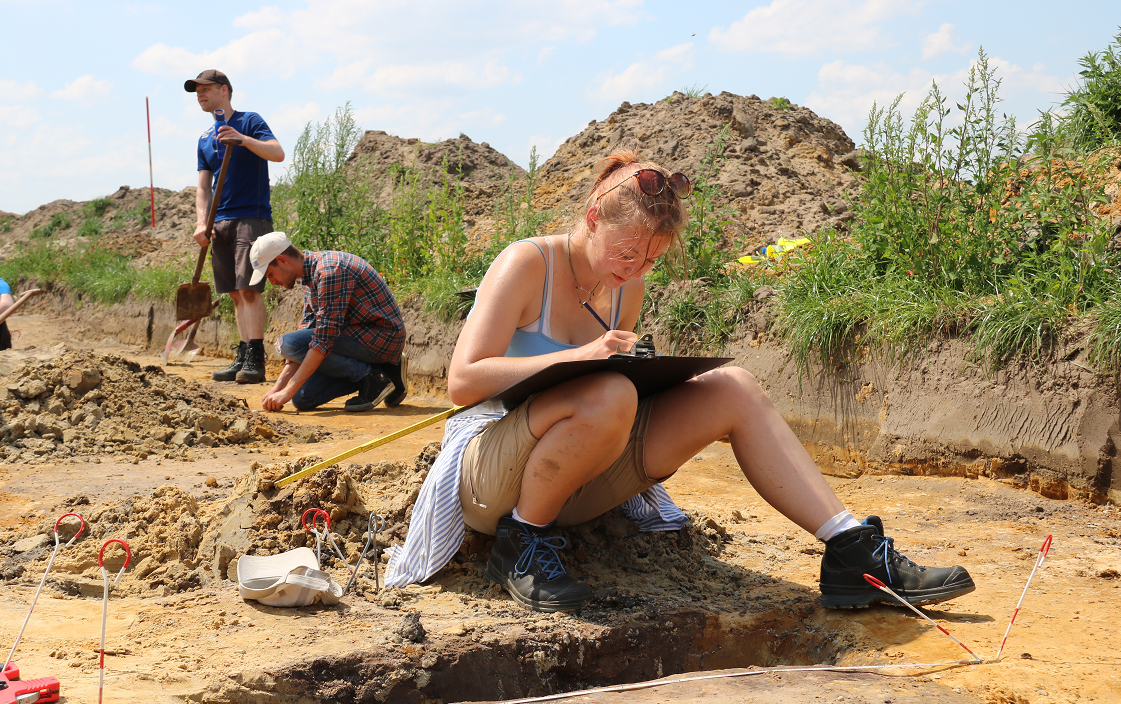
Study at a Faculty with an international top ten standing among archaeological research and education institutes. -
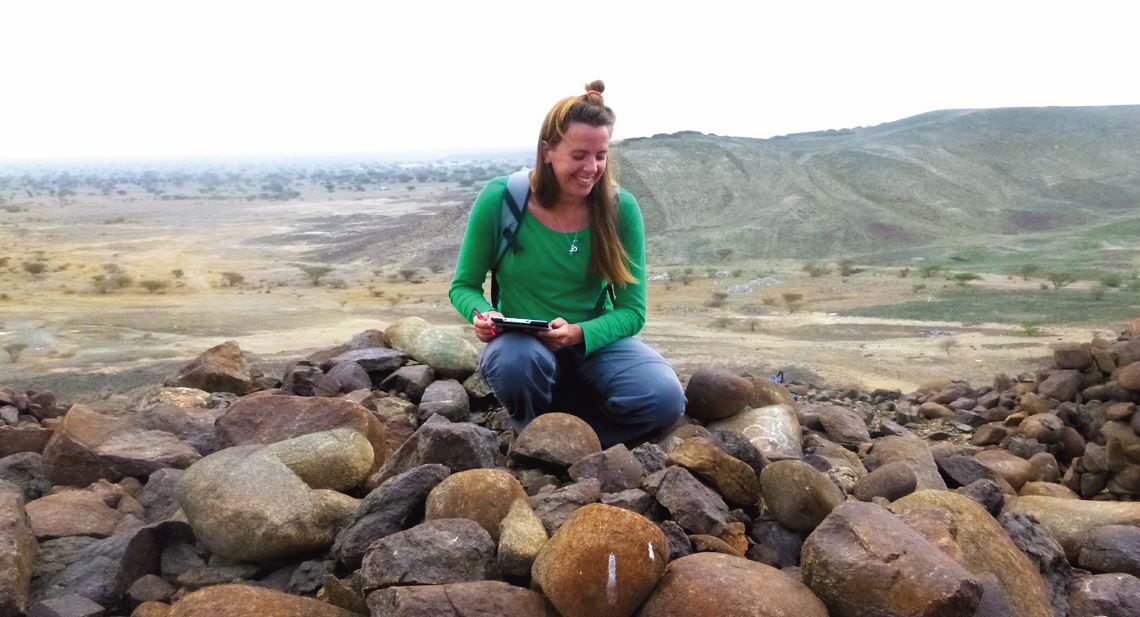
Participate in international fieldwork projects and thus prepare yourself for the job market. -
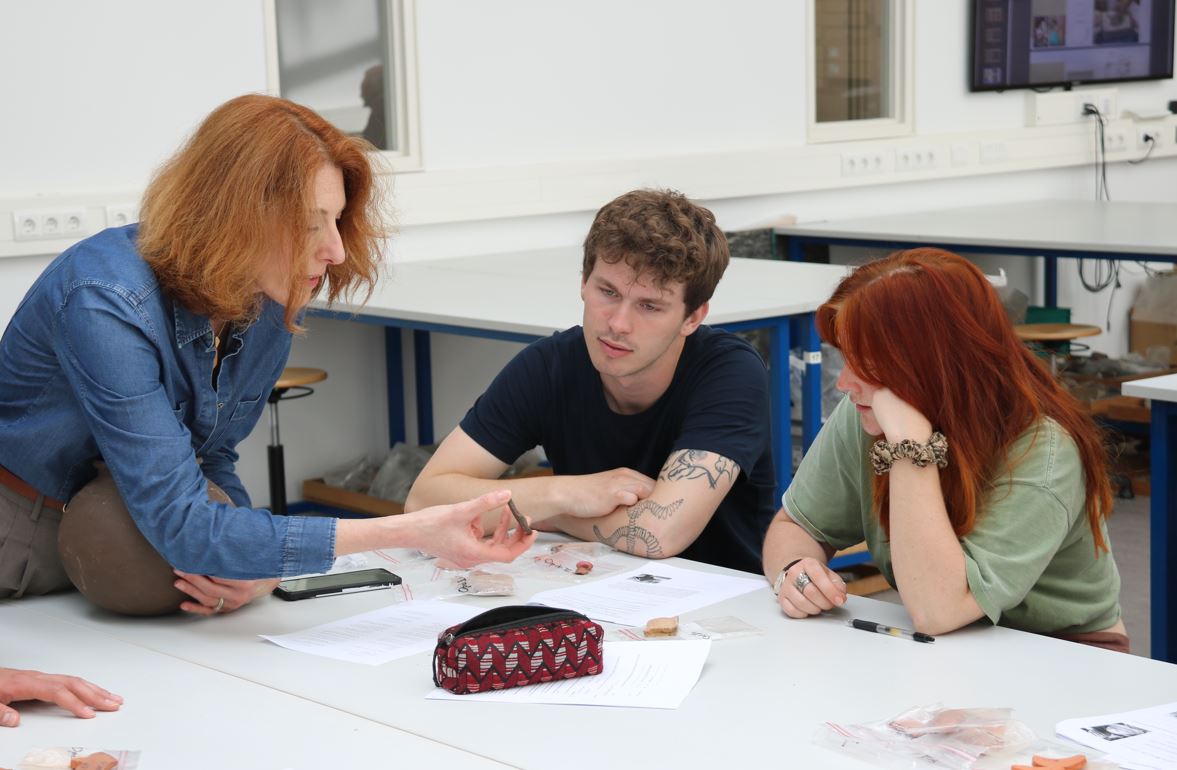
Learn from our inspiring, experienced, and internationally renowned researchers. -
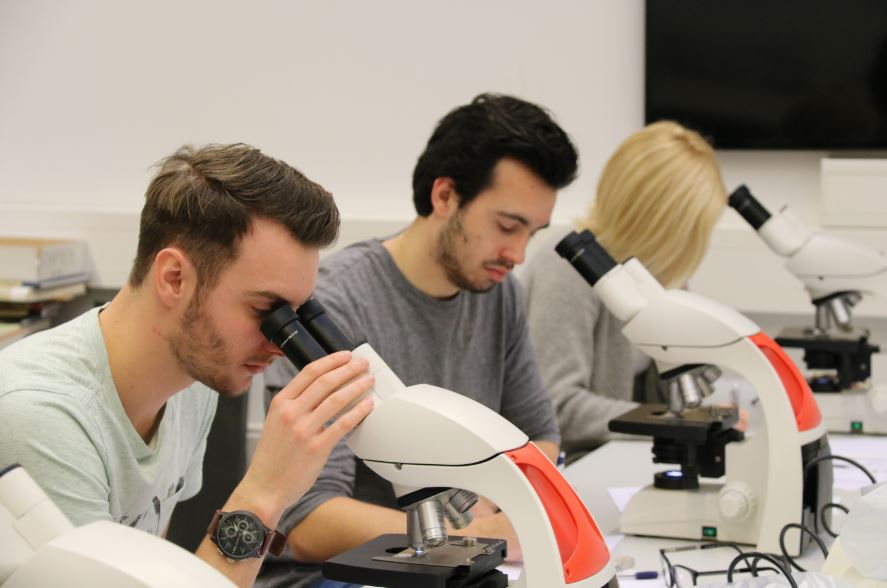
Benefit from high-quality practicals in our ultramodern laboratories. -
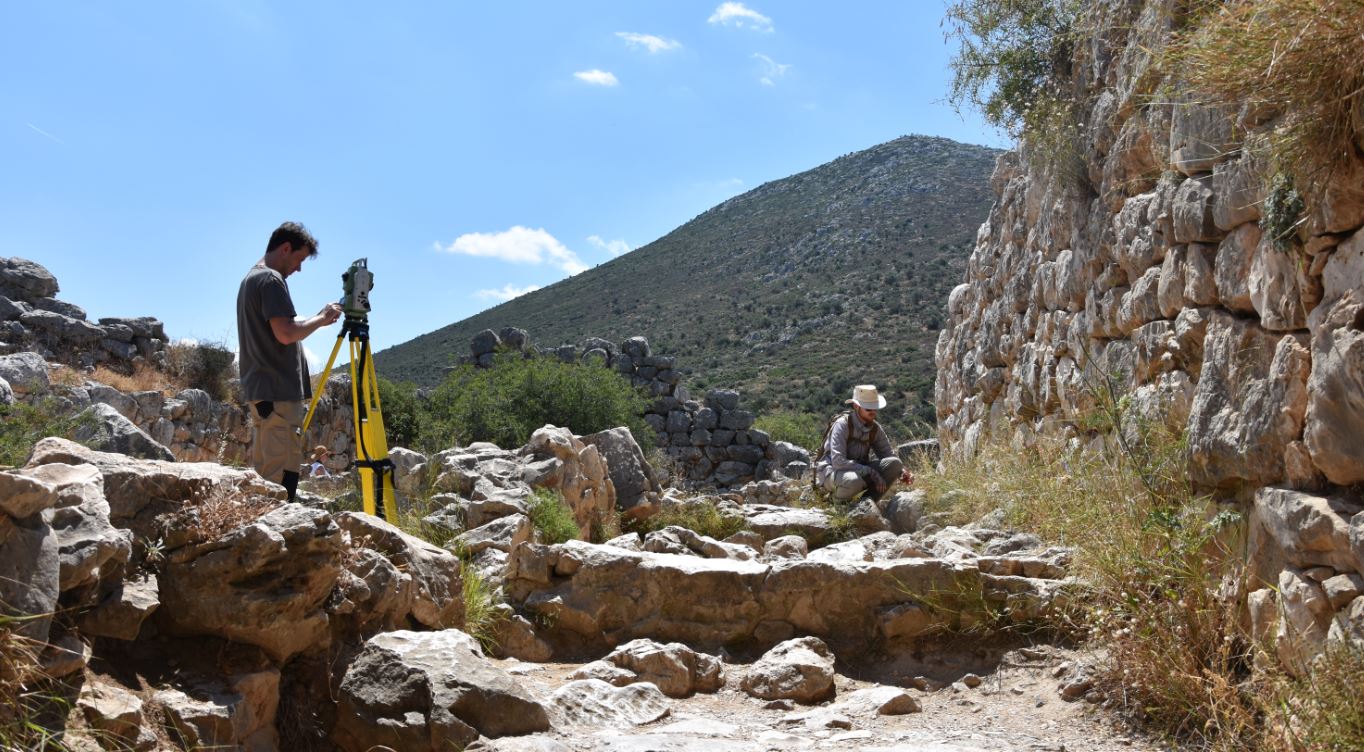
Join in ongoing research projects by our staff and bring your knowledge into practice.
Furthermore, the programme offers:
- a strong, global emphasis, with wide networks in international research;
- excellent facilities in the heart of Leiden’s academic community;
- English language teaching by enthusiastic lecturers;
- a lively and sociable study association.
Check out even more reasons to study Archaeology at Leiden University.
Elina Brohez
Bachelor's student

I chose to study the BA Archaeology at Leiden University due to the interdisciplinary, hands-on nature of the study programme. Knowing I had more freedom in the 2nd year to choose courses that appeal most to me has also been very motivating. Additionally, as students in this field, we have the opportunity to engage in a wide range of internships, and gain real-life experience working as archaeologists in museums, for example.

